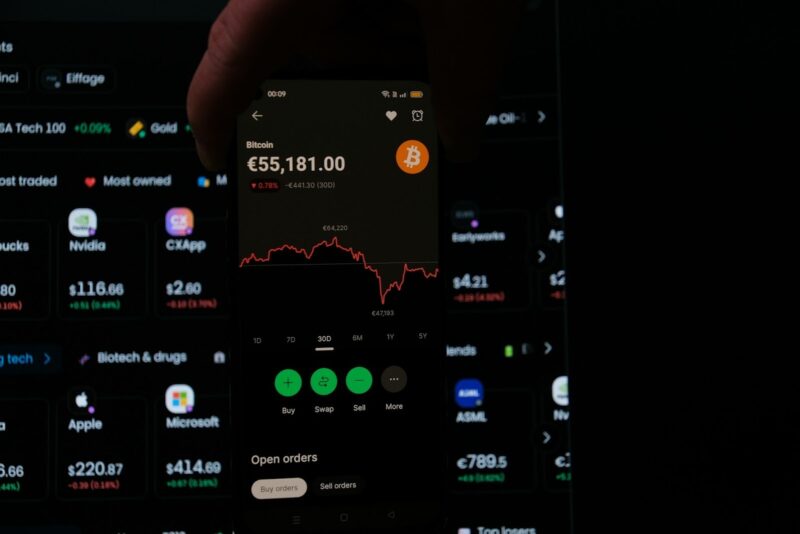Table of Contents
ToggleIn the world of online casinos, the debate between live dealer games and algorithmic play continues to captivate players and industry experts alike. As gamblers migrate to digital platforms, transparency remains a critical concern with both live dealer games and algorithmic platforms like Toshi Bet Crypto Casino. For individuals seeking clarity in their gambling experience, understanding the differences in transparency between these options is essential.
The Appeal of Live Dealer Games
Live dealer games have surged in popularity due to their attempt to mimic the experience of a traditional brick-and-mortar casino. These games feature real dealers who interact with players in real-time through streaming technology. The major advantage lies in the perception of transparency that comes from viewing the dealer’s actions live. Players can witness the shuffle of cards, the spin of the roulette wheel, and the roll of dice, all contributing to a sense of trustworthiness.
The human element in live dealer games also plays a role in enhancing player confidence. Interaction with dealers through chat functions can provide assurance that the game is fair and not predetermined. The visual and social aspects make it harder to rig outcomes, as everything is in plain sight for the player’s scrutiny. However, it is important to note that while transparency might be higher, the element of human error cannot be entirely eliminated. Mistakes can occur, albeit unintentionally, which can affect the game’s outcome.
The Rise of Algorithmic Play
Algorithmic play, on the other hand, is characterised by games that rely on Random Number Generators (RNGs) to produce outcomes. These RNGs are designed to ensure fairness and unpredictability, creating numerous possibilities for each play, thereby providing a fair chance of winning. The mathematical rigor behind these algorithms is what makes them a critical component in providing a transparent gaming experience.
However, the transparency of RNG-based games largely depends on the integrity of the software. Unlike live dealer games, visual proof isn’t available, necessitating trust in the algorithms’ fairness. Reputable casinos may engage third-party auditors to verify the randomness and fairness of their RNGs, offering certification that can reassure wary players. This third-party validation serves as a substitute for the direct transparency one would experience in a live dealer setting.
Comparing Transparency: Live Dealer vs. Algorithmic Play
When it comes to direct transparency, live dealer games have a slight edge due to the real-time visibility of game mechanics. The direct oversight of dealers in live time reduces many of the opaqueness issues that concern players. In contrast, algorithmic play relies on technology, certifications, and third-party audits to provide a sense of fairness. For players prioritising visual and immediate demonstrations of transparency, live dealer games might appear more trustworthy.
Despite this, the transparency in algorithmic play is evolving with advancements in technology. With the increasing implementation of blockchain technology in gaming platforms, it’s becoming possible to maintain a tamper-proof record of all transactions and game outcomes. This further assures the transparency, integrity, and fairness of games underpinned by algorithms.
Conclusion
In summarising the transparency of live dealer games versus algorithmic play, each has unique advantages and potential drawbacks. Live dealer games offer real-time interaction and visible game processes, fostering an immediate sense of trust. Conversely, algorithmic play relies heavily on technology and third-party audits to establish its transparency, with potential enhancements brought about by blockchain technology. Ultimately, the choice between live dealers and algorithmic play for transparency boils down to individual player preference, with each type offering a different form of assurance.






